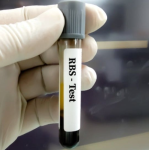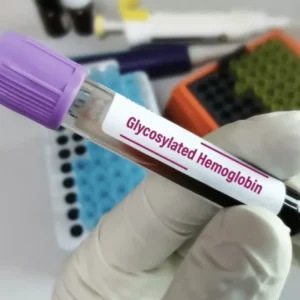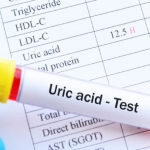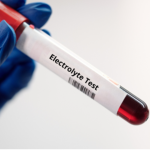GLUCOSE RANDOM
Original price was: ₹50.00.₹40.00Current price is: ₹40.00.
Definition A blood sugar test measures the amount of a sugar called glucose in a sample of your blood. Glucose is a major source of energy for most cells of the body, including brain cells. Glucose is a building block for carbohydrates. Carbohydrates are found in fruit, cereal, bread, pasta, and rice. Carbohydrates are quickly turned into glucose in your body. This can raise your blood glucose level. Hormones made in the body help control blood glucose level. Alternative Names Random
Well Established ISO 9001 Certified Centres
- Precision Reports
- Sri Divya uses Secure Sockets Layer (SSL) 128-bit encryption
- Transparent Reports
- Advanced Pathology
Description
GLUCOSE RANDOM
Glucose is a form of sugar. It is the body’s primary energy source and fuels every cell — including those in the brain, heart, and muscles.
Glucose mainly comes from food and drink people consume. The body also breaks down stored forms of the carbohydrate glycogen into glucose.
The body works continuously to keep the amount of blood glucose at optimum levels. It produces a hormone called insulin to achieve this, which helps glucose get into the cells that need it for energy.
A person with type 1 diabetes does not produce insulin as their body no longer makes insulin.
Someone with type 2 diabetes either does not produce enough insulin, or their body does not respond to it appropriately.
When a person does not make insulin correctly, glucose remains in the blood. Hyperglycemia occurs when levels remain consistently high, and hypoglycemia occurs when they are too low.
Random glucose testing is one way of checking glucose levels in the blood. Doctors may perform this test at any time of day.
If the result indicates that a person has higher than expected glucose levels, the doctor will typically order a follow-up test to confirm the diagnosis. This can include:
Fasting glucose test: This measures blood glucose levels after the person has had nothing to eat or drink for 8 hours. Doctors usually perform this test in the morning before breakfast.
Oral glucose tolerance test (OGTT): People with diabetes can sometimes demonstrate normal results in the fasting or random glucose tests yet still have diabetes. If a doctor still suspects that a person has diabetes, they may recommend an OGTT. This test also requires that a person not eat or drink for 8 hours. After an initial blood sample, the individual drinks a liquid containing glucose. The doctor then takes more blood samples hourly over the next 2 hours.






Reviews
There are no reviews yet.